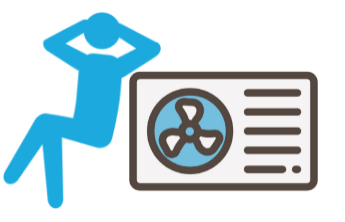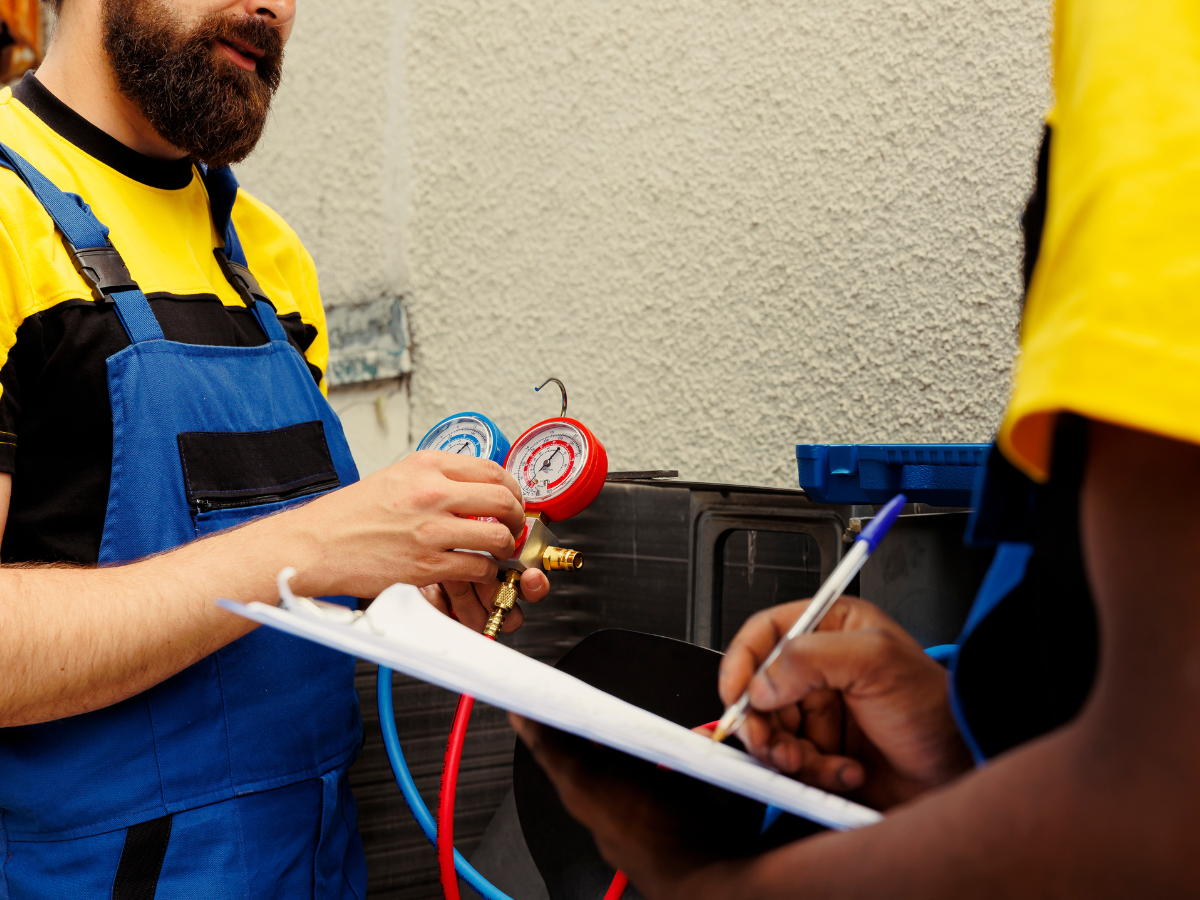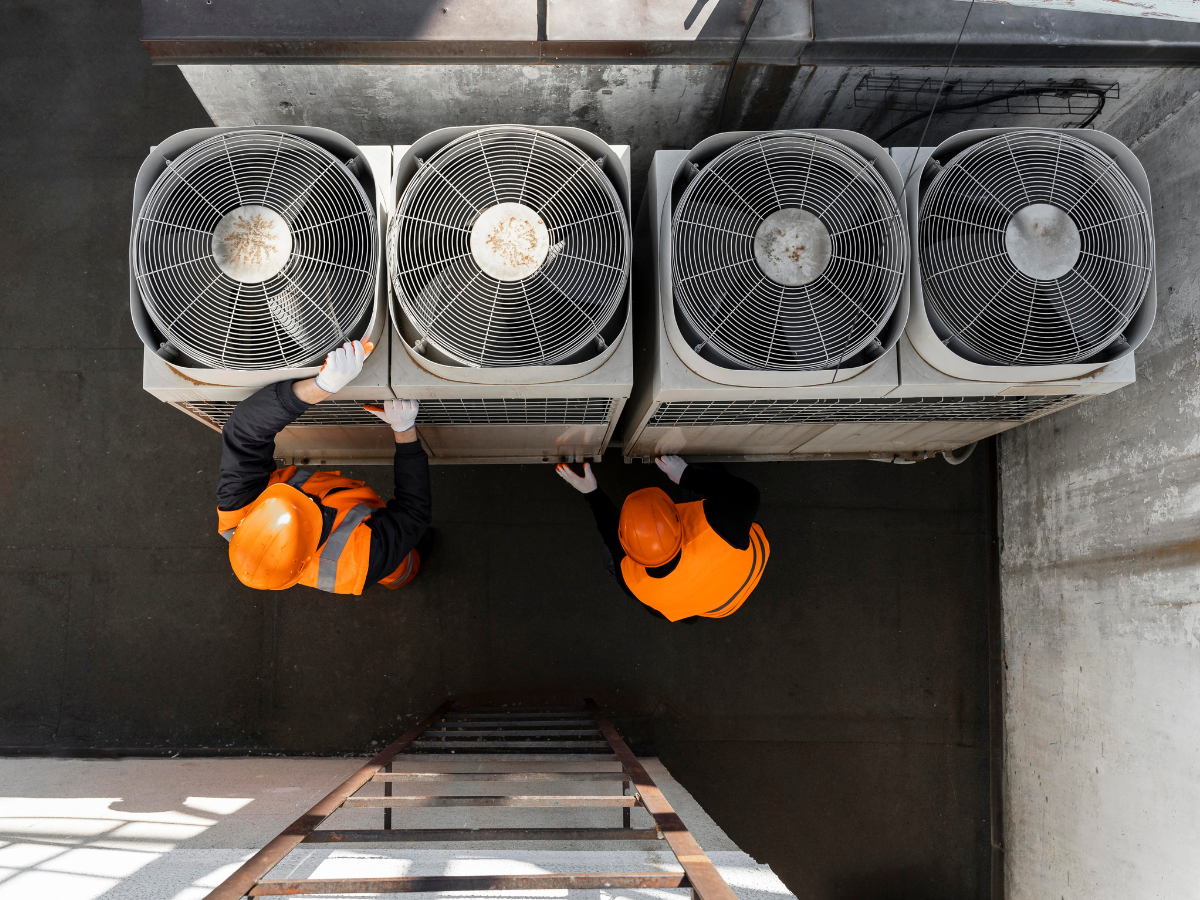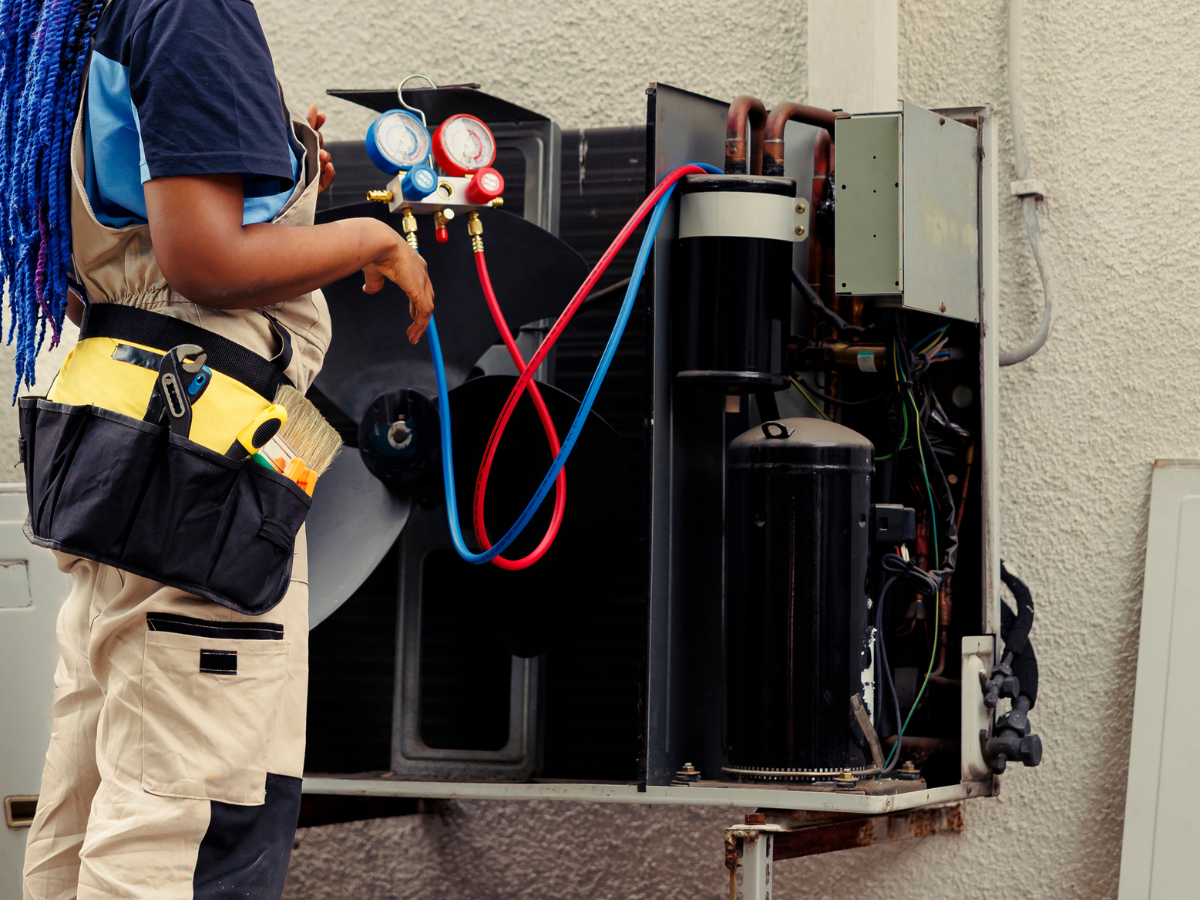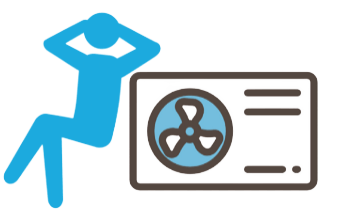How We Help Improve Air Quality Home for Healthier Living
When we think about comfort, most of us picture a warm living room on a cold day, or a cool bedroom in the middle of summer. At Comfort Zone HVAC, we know there’s another side to comfort that’s just as important as the air you breathe. Your heating and cooling systems do more than regulate temperature; they play a vital role in your air quality home. That’s why we’re committed to helping homeowners keep the air in their homes fresh, clean, and healthy year-round.
In this article, we’ll share our insights on how indoor air affects your well-being, what common issues can impact it, and practical steps you can take to make meaningful improvements.
Why Indoor Air Quality Matters
Air is something we often take for granted until it becomes a problem. Poor air quality in your home can cause more than just discomfort; it can impact your health, your energy levels, and even your sleep.
Dust, pet dander, pollen, mold spores, and chemical vapors from household products can all linger in the air. In tightly sealed, energy-efficient homes, these pollutants have fewer ways to escape. The result? You might be breathing in particles that contribute to allergies, respiratory irritation, or long-term health concerns without even realizing it.
We’ve seen firsthand how improving indoor air quality can make a difference. Families report fewer allergy symptoms, better sleep, and even an improved sense of overall well-being.
Common Sources of Indoor Air Contamination
Understanding where pollutants come from is the first step in reducing them. Based on our experience working in homes throughout our community, here are the most common culprits:
1. Dust and Allergens
Dust is made up of tiny particles from fabric fibers, skin cells, and other materials. Add in pollen, pet hair, and dust mites, and it becomes a constant challenge.
2. Mold and Mildew
Moisture buildup in bathrooms, basements, and around HVAC equipment can create the perfect environment for mold growth. Once airborne, mold spores can trigger allergies and respiratory problems.
3. Volatile Organic Compounds (VOCs)
These chemicals are released by paints, cleaning products, and even some furniture. VOCs can cause headaches, dizziness, and other symptoms when concentrations are high.
4. Poor Ventilation
A lack of fresh air circulation means pollutants stay trapped indoors. This is especially common in newer, airtight homes.
The Role of Your HVAC System in Air Quality
Your HVAC system isn’t just for heating and cooling it’s your home’s largest air circulation system. That means it plays a major role in filtering, distributing, and refreshing your indoor air.
When air passes through your HVAC system, it moves through filters designed to trap dust, pollen, and other particles. If your filters are clogged or your ducts are dirty, pollutants can spread instead of being removed. On the other hand, a well-maintained system can significantly reduce airborne irritants.
We often recommend homeowners view their HVAC system as a year-round air quality partner, not just a seasonal temperature control device.
Practical Ways to Improve Air Quality at Home
Over the years, we’ve learned that improving air quality isn’t about one big fix it’s about consistent, manageable steps. Here are some of the most effective strategies we recommend:
1. Replace HVAC Filters Regularly
Filters are your first line of defense against dust and allergens. We suggest checking them monthly and replacing them as needed, typically every one to three months.
2. Schedule Professional HVAC Maintenance
A seasonal inspection helps keep your system clean and efficient. During maintenance visits, we check for dust buildup, ensure your filters are working properly, and look for any signs of moisture that could lead to mold.
3. Control Humidity Levels
Too much humidity encourages mold growth, while air that’s too dry can irritate your skin and respiratory system. Aim for a humidity level between 30% and 50%. Humidifiers and dehumidifiers can help maintain balance.
4. Keep Ducts Clean
Dust, pet hair, and other debris can collect in your ductwork. Professional duct cleaning can remove these contaminants and improve airflow.
5. Use an Air Purifier
Air purifiers with HEPA filters can capture small particles that standard HVAC filters may miss. These are especially useful for allergy sufferers.
6. Improve Ventilation
When weather allows, open windows to bring in fresh air. You can also use exhaust fans in kitchens and bathrooms to help remove pollutants.
How Seasonal Changes Affect Indoor Air
Each season brings unique air quality challenges, and we’ve seen how adjusting your approach can make a big difference:
- Spring – Pollen levels rise, making filtration crucial.
- Summer – Higher humidity can lead to mold growth if not managed.
- Fall – Dust from heating systems turning on for the first time can circulate through your home.
- Winter – Homes are sealed tight, reducing fresh air intake and trapping pollutants inside.
By anticipating these seasonal shifts, you can stay ahead of potential air quality problems.
The Health Connection
Air quality affects more than just comfort; it can influence long-term health. We’ve worked with families who noticed fewer asthma attacks after upgrading their filtration systems, and others who experienced fewer colds and respiratory infections.
Even if you don’t have allergies or asthma, breathing cleaner air can help you feel more energetic and reduce headaches or sinus irritation. Your home should be a place where your body can rest and recover, not a source of daily exposure to irritants.
Our Approach to Supporting Clean Indoor Air
We see every home as unique. We take the time to assess your current HVAC system, listen to your concerns, and recommend solutions that fit your space, lifestyle, and budget.
Sometimes that means upgrading your filtration system. Other times it’s about improving ventilation or balancing humidity levels. No matter the approach, our goal is always the same: helping you and your family breathe easier at home.
We’ve built our reputation on trust, transparency, and experience. We don’t just install equipment, we explain why it matters and how it works so you can feel confident in your choices.
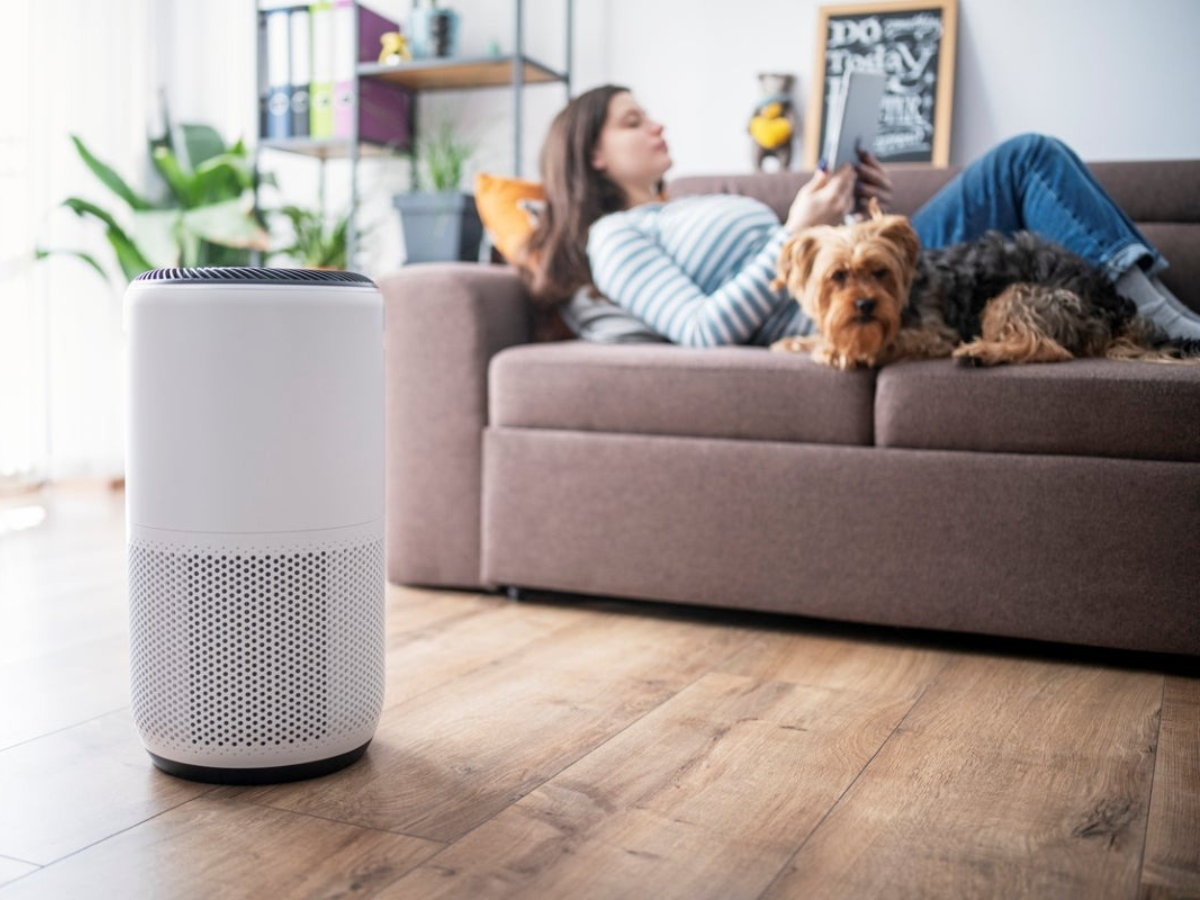
Small Habits That Make a Big Difference
In addition to professional services, here are a few daily habits you can adopt to help maintain better indoor air:
- Vacuum with a HEPA filter – This traps smaller particles instead of sending them back into the air.
- Avoid synthetic fragrances – Choose fragrance-free cleaning products and candles to reduce VOC exposure.
- Take shoes off at the door – This limits the dirt, pollen, and other contaminants tracked inside.
- Clean bedding regularly – This helps reduce dust mites and allergens in your sleeping space.
When combined with a well-maintained HVAC system, these small steps add up over time.
Why Homeowners Trust Us
We know letting someone work on your HVAC system is a big decision. That’s why we focus on clear communication, honest recommendations, and consistent results. Our team is trained to not only perform technical work but also to explain options in plain language.
When we make a recommendation, it’s based on what we’d want for our own families. That’s the standard we hold ourselves to, and it’s the reason so many homeowners in our community call us their go-to HVAC team.
Keeping Air Quality a Priority
Indoor air quality isn’t something to think about only when there’s a problem—it’s a year-round priority. As building materials, household products, and outdoor environmental factors change, the air inside our homes can be affected in new ways.
The good news is that with regular attention, the right equipment, and a few healthy habits, you can maintain a cleaner, healthier environment for years to come.
We believe every family deserves to feel confident about the air they breathe at home. And we’re here to help make that possible.
Closing Thoughts
At Comfort Zone HVAC, we’ve seen how even small improvements can make a big difference in how your home feels and functions. Whether it’s replacing a filter, upgrading your ventilation, or balancing humidity levels, the steps you take today can lead to cleaner, healthier air for your family tomorrow.
If you’re ready to improve air quality in house, we’re here to guide you with the same care and expertise we bring to every project. Because at the end of the day, your comfort and your health are what matter most to us.
